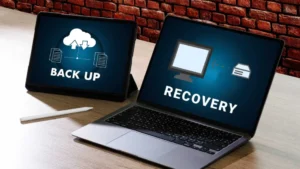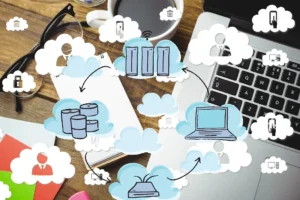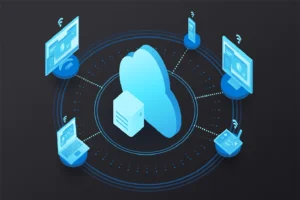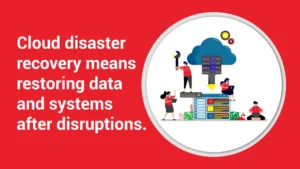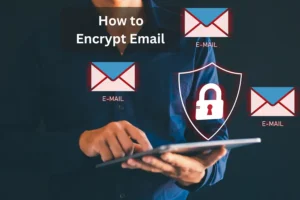Is your internet service provider mining your data? Is that even legal?
Does Your Service Provider Protect Your Data?
I don’t know about you, but I wish to keep my private life private. If this sounds like something we have in common, you might be asking yourself what your internet service provider is doing to keep your data private. Well as it turns out… not a whole lot! In fact, they are most likely combing through it and selling your data to advertisers.
Fear not, the Federal Communications Commission has stepped in to help out. They have told service providers that they can’t collect customer data without the consent of the customer. The only problem is, part of the contract you agree to when you sign up allows your service provider to siphon your data. Essentially this regulation had the opposite effect of what the government intended, and instead of removing red tape and allowing more service providers into the market, they just made it easier for the big guys to spy on you.
Service providers are not the only ones doing it either – Facebook does it, and Verizon has recently admitted to selling off phone numbers and user locations. Keep in mind that it is a growing practice, but remember you aren’t completely helpless.
Is There A Way To Combat This?
There is a little bit of a bright side here. There are ways to “cloak” yourself while surfing the web. Even though it’s nowhere near one hundred percent of websites, more sites than ever are using encryption. Ads can still get through some of that and target you because the whole site may not be encrypted, however it is better than nothing. When a site uses the security protocol HTTPS, your service provider cannot see the site URL, but it can see monitor requests made to the Domain Name System (DNS). There is evidence to suggest that collecting DNS logs does nothing effectively for data collection, they actually use it to detect malicious content and potential infections
I’ve mentioned VPN’s (Virtual Private Networks) before, and it is one way to hide yourself from the data collection of your service provider. The problem is that they are not widely used. People either don’t see the value or have used a free VPN, which left a bad taste in their mouths. Regardless of the reason, VPN’s can be highly effective in the fight for privacy. They are definitely not a privacy “silver bullet”. VPN’s need to be configured to correctly tunnel your DNS information and this is not an easy task for non-experts.
On the subject of VPNs, what about when you go to a cafe to grab a bite to eat and get some work done? Many folks do this without thinking twice about it – but it’s not your safest bet. Your work VPN is not necessarily the one you want to use if you are just surfing the web from your laptop at a coffee shop. There are security risks associated with doing so for your work network. We are talking about a 3rd party VPN so that your traffic tunnels through a different provider. This will protect prying eyes from an open WiFi connection, or hide requests from your local ISP, but won’t do anything to protect you from malicious sites. It’s just a piece of the security puzzle.
Why Should You Want To Keep Your Data Private?
Something to be aware of is the way our government may use our data to invade our privacy. Providers are able to save your search history and send you tailor made ads for new products or TV shows, which may seem innocent enough, right? Remember..cached search history information can be sent to insurance companies, employers, medical professionals, etc. It’s important to remember how this can easily become an extreme invasion of our expectation of privacy.
You have a right to privacy and in the wrong hands, your web data could be used for identity theft or extortion. Then there is also the case to be made concerning the profits. Your data is created by you when you browse, and it belongs to you. When service providers harvest and sell it without your knowledge, they are effectively stealing from you. You and I should be getting a cut from the digital windfall created by our data.
Isn’t This…Illegal?
The laws regarding data harvesting across the globe vary. For instance, in the EU, it is extremely difficult for service providers to capitalize on their client’s data. Everything has to have informed consent from the consumer or face massive fines. On the reverse side, here in the US it seems to be the wild west. In recent years politicians have stripped away at the FCC’s mandates and made data harvesting totally legal.
Remember – Network Security involves an entire process, not just a single product. If you have questions about the privacy of your data, please don’t hesitate to Contact Us – we are here to keep your privacy intact!


